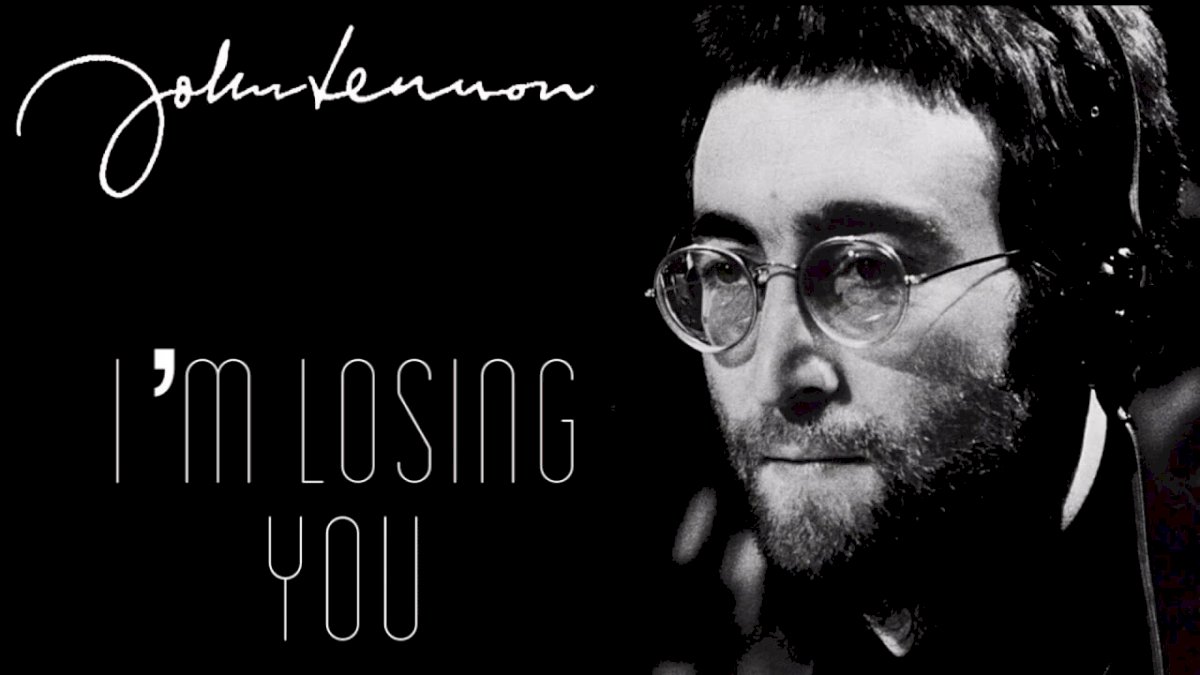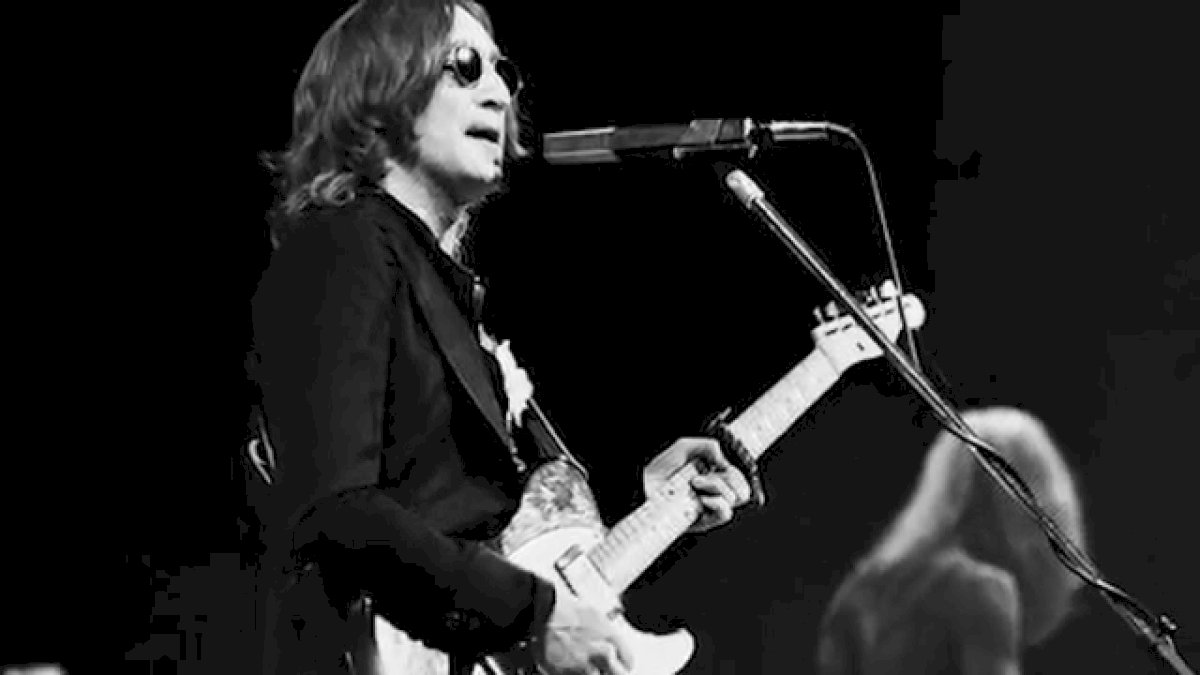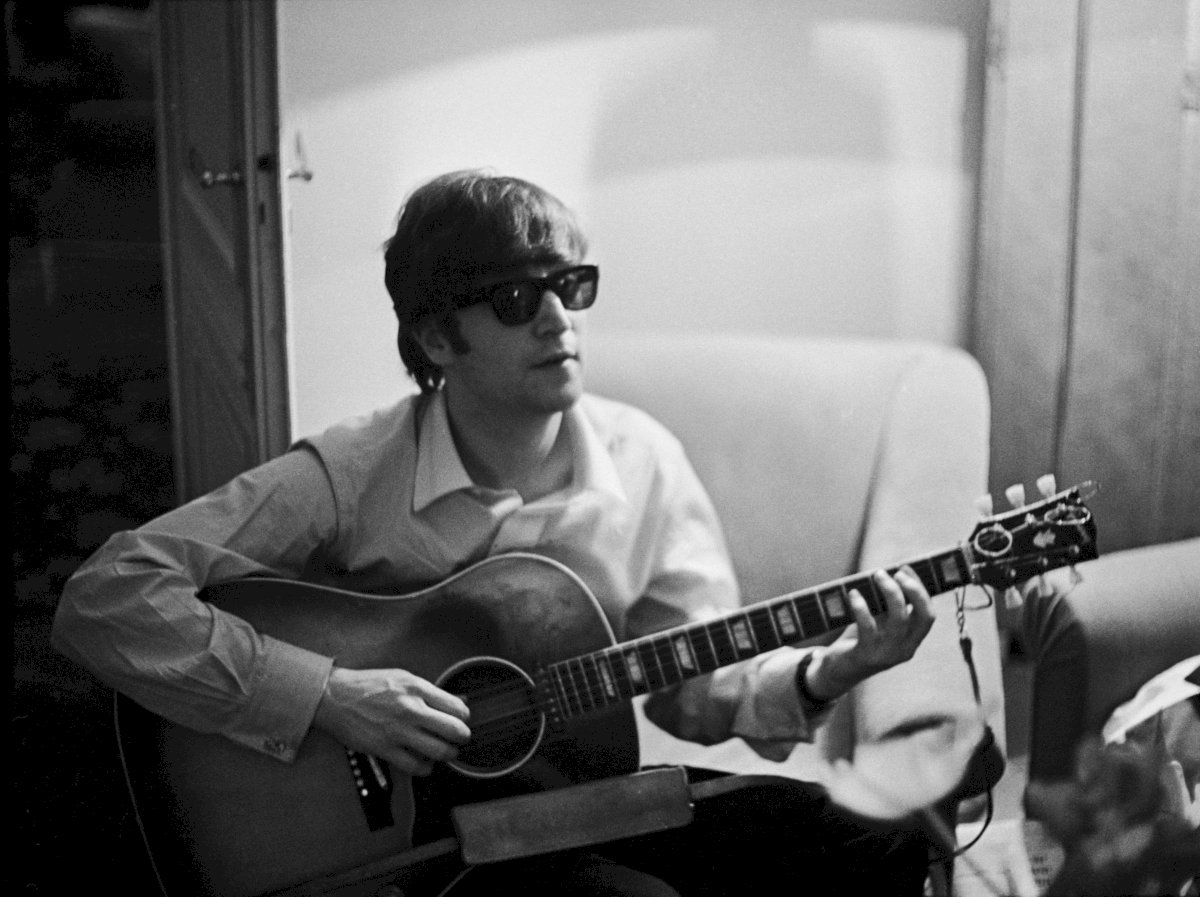In the annals of music history, 1975 holds a significant chapter marked by the tantalizing possibility of a Beatles reunion. The Fab Four, having disbanded in 1970 amidst internal discord, found themselves at the center of fervent speculation when John Lennon, in an interview with Rolling Stone magazine, hinted at the prospect of the iconic band coming back together. The revelation sent shockwaves through the music world and triggered a wave of nostalgia among fans who had mourned the dissolution of the greatest musical phenomenon of the 20th century.
(Watch the video below)
Lennon's statements during the interview were a mixture of hope, nostalgia, and pragmatic realism. He acknowledged the deep-seated issues that had led to the band's breakup, citing personal and creative differences. The Beatles had faced a tumultuous period leading up to their disbandment, with tensions exacerbated by disputes over musical direction, business matters, and interpersonal relationships. Yet, in 1975, Lennon appeared to be open to the idea of reconciliation, stating, "I think we can still do things together. I think we can still rock."
The mere suggestion of a Beatles reunion, even from one of its key architects, ignited a firestorm of speculation and excitement. Fans, who had clung to the hope of a reunion despite the passage of five years, found renewed optimism in Lennon's words. The media frenzy that ensued only added to the anticipation, with headlines across the globe pondering the possibility of witnessing the magic of Lennon, McCartney, Harrison, and Starr sharing a stage once again.

Despite the enthusiasm, Lennon's statements were tempered with a dose of reality. He acknowledged the complexities and challenges that a reunion would entail, saying, "I don't think the Beatles will re-form, but it's nice to keep that illusion." This acknowledgment reflected the deep-seated issues that had led to the breakup and the personal growth and evolution of the individual band members in the intervening years. The dream of a Beatles reunion, while appealing, was laden with the baggage of the past.
The prospect of the Beatles reuniting in 1975 was not merely a matter of musical collaboration; it was a potential mending of relationships that had frayed over the years. The band's breakup had been marked by bitterness and legal battles, and the wounds were still fresh. Lennon's openness to the idea of working with McCartney, Harrison, and Starr suggested a willingness to move beyond the conflicts that had torn the band apart. However, it also hinted at the fragility of the situation, as the ghosts of the past loomed large.
As the news of a potential Beatles reunion spread, fans and critics alike delved into the intricacies of the band members' post-Beatles careers. Lennon's solo career had seen critical and commercial success with albums like "Imagine," while McCartney had achieved acclaim with Wings. Harrison, often referred to as the "Quiet Beatle," had found his voice with albums like "All Things Must Pass." Starr, the drummer, had carved his niche with solo projects and acting endeavors. Each member had established a unique identity beyond the Beatles, making the prospect of a reunion all the more intriguing.
Despite the buzz and excitement generated by Lennon's words, the dream of a Beatles reunion in 1975 remained elusive. The logistical challenges, coupled with the emotional baggage of the past, proved insurmountable. The individual pursuits and artistic growth of the band members had led them on separate paths, and the magic that was the Beatles seemed destined to remain a cherished memory rather than a resurrected reality.

Tragically, the dream of a Beatles reunion was further dimmed by the untimely death of John Lennon in 1980. His assassination in New York not only robbed the world of one of its greatest musical talents but also extinguished any lingering hope of witnessing the Fab Four together again. The legacy of the Beatles endures through their timeless music, and the brief glimmer of hope for a reunion in 1975 serves as a poignant reminder of the fragility of dreams and the inexorable passage of time.
In conclusion, John Lennon's discussions about a Beatles reunion in 1975 stirred the collective imagination of fans and the music industry. The prospect of the Fab Four reuniting after five years of separation captivated hearts and fueled endless speculation. However, the dream remained just that – a dream. The complexities of the past, coupled with the individual growth of the band members, proved too formidable to overcome. Lennon's tragic death in 1980 extinguished any lingering hope, leaving behind a legacy of music that continues to resonate across generations. The Beatles reunion of 1975 may have been an illusion, but the impact of their timeless music endures.


